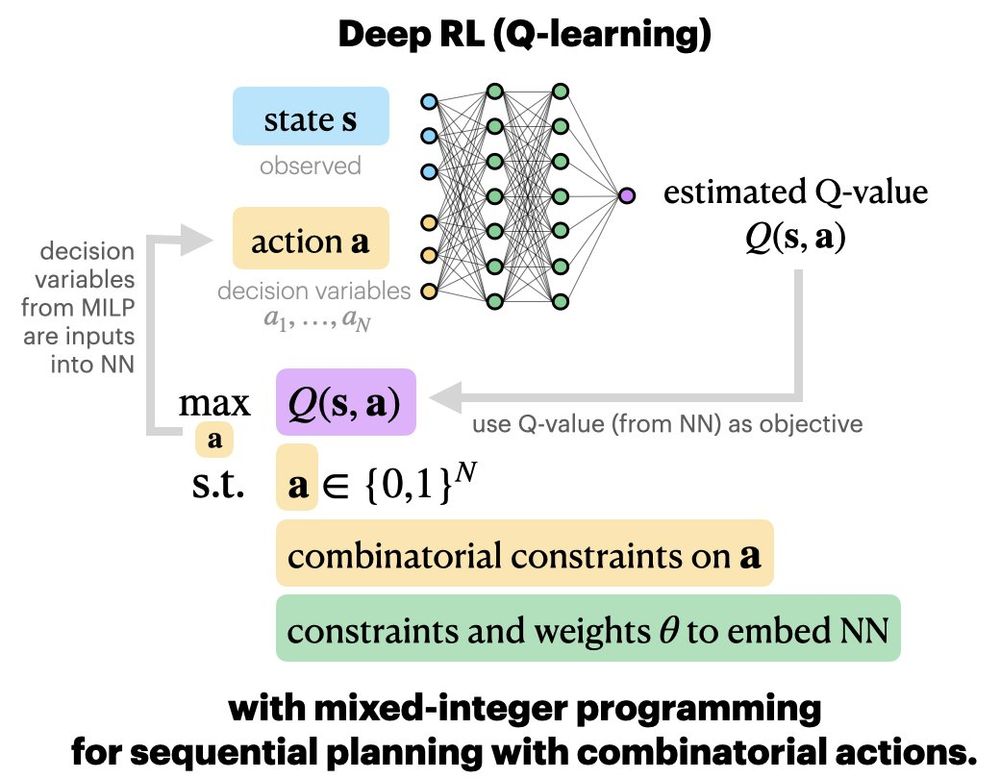Bryan Wilder
@brwilder.bsky.social
1.2K followers
220 following
15 posts
Assistant Professor at Carnegie Mellon. Machine Learning and social impact. https://bryanwilder.github.io/
Posts
Media
Videos
Starter Packs
Reposted by Bryan Wilder
Reposted by Bryan Wilder
Bryan Wilder
@brwilder.bsky.social
· Jul 8
Bryan Wilder
@brwilder.bsky.social
· Jul 8
Bryan Wilder
@brwilder.bsky.social
· Jul 8
Bryan Wilder
@brwilder.bsky.social
· Jul 8
Bryan Wilder
@brwilder.bsky.social
· Jul 8
Bryan Wilder
@brwilder.bsky.social
· Jul 8

Learning treatment effects while treating those in need
Many social programs attempt to allocate scarce resources to people with the greatest need. Indeed, public services increasingly use algorithmic risk assessments motivated by this goal. However, targe...
arxiv.org
Reposted by Bryan Wilder
Nikhil Garg
@nkgarg.bsky.social
· Jul 3
Reposted by Bryan Wilder
Bryan Wilder
@brwilder.bsky.social
· May 27
Reposted by Bryan Wilder
Bryan Wilder
@brwilder.bsky.social
· May 27
Bryan Wilder
@brwilder.bsky.social
· May 27
Reposted by Bryan Wilder
Reposted by Bryan Wilder
Reposted by Bryan Wilder
Reposted by Bryan Wilder
Reposted by Bryan Wilder
Nikhil Garg
@nkgarg.bsky.social
· Apr 22



